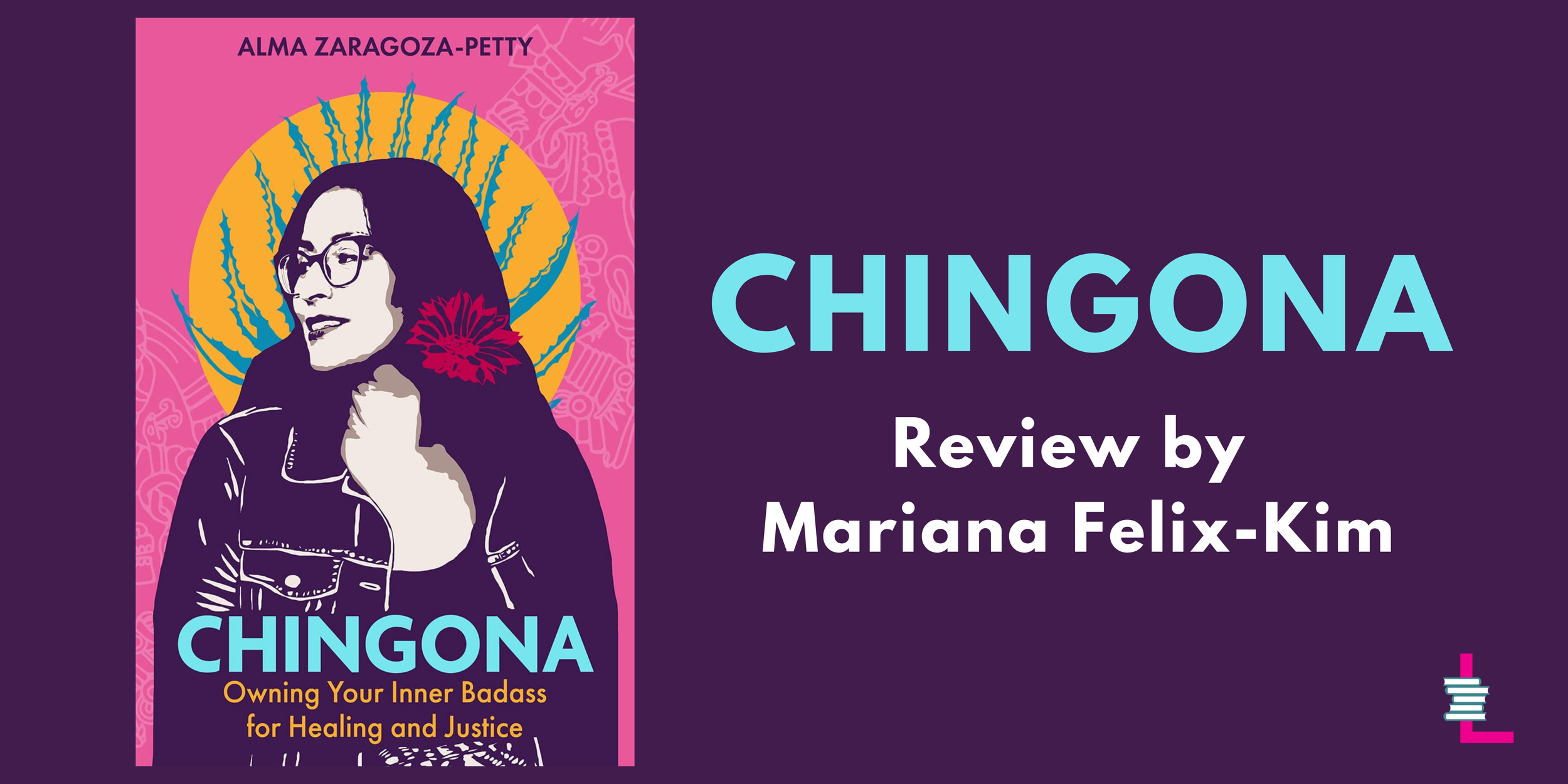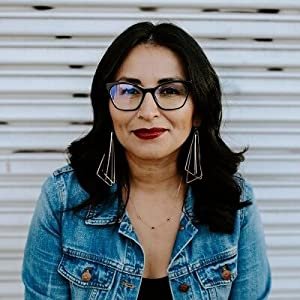Chingona: Owning Your Inner Badass for Healing Justice is the self help book that latinx women, non-binary, and female identifying people have needed. It weaves together the history of a derogatory term with lessons on how to unlock your inner badass to reclaim the term “chingona”.
Historically, “chingona” is a vulgar term that is used to degrade women for being too aggressive or out of control. This word highlights the juxtaposition of gender roles as the masculine version of this word, “chingon,” is actually a compliment for men that describes them as intelligent, cool, and even a badass. There has been a movement to reclaim “chingona” and reassign its meaning to a positive one.
Zaragoza-Petty provides context of this empowering self help journey by explaining chingona history. This valuable history lesson sets the stage by highlighting how far back gender roles date in history and the tie to colonialism. La Malinche was a Nahua woman and a prominent historical figure due to her role as Hernan Cortes’ translator. Zaragoza-Petty recognizes her as the first chingona. Although La Malinche was a valuable asset to the Spaniards because she was fluent in Maya-Yucaeca and Nahuatyl, which were the two major languages in the region at that time, she was gifted to Cortes. At this time Spainards were doing everything they could to destroy indigenous land and traditions and replace them with their own. So when La Malinche gave birth to her son, Martin Cortes, he inherited two new titles; mestizo and chingon. Mestizo is a label for people that are mixed race (Spanish and Indigenous) while chingon, in this context, means fatherless (similar to “bastard”). The roots of these words were labels that became verbal weapons to other people.
““Chingona: Owning Your Inner Badass for Healing Justice” is the self help book that latinx women, non-binary, and female identifying people have needed. It weaves together the history of a derogatory term with lessons on how to unlock your inner badass to reclaim the term “chingona”.”
There are consistent history lessons embedded into the book that provide context for the healing that one needs to have before unlocking their inner badass or chingona. My favorite part of the book is that Zaragoza-Petty closes a gap by directing the self help lessons towards the BIPOC community. This is done by acknowledging that labels such as chingona have a hurtful history that represents colonialism and racism from the past. This is different from many self help books as they typically are geared towards white populations. Therefore, the advice in these books are not relevant to BIPOC communities, which ultimately excludes a major population that are in need of healing and self help content.
As a Mexican cis woman, I related to this self help book so much. One of the most important and valuable messages Zaragoza-Petty delivered was the need to heal before working on yourself. There is generational trauma that gets passed down because our ancestors have had to survive to pave a path forward, during a time that was heavily based on colonialism, patriarchal norms, and racism. This is a battle that is still ongoing today and can be exhausting for BIPOC communities. Therefore, hearing that it’s okay and even necessary to heal before embarking a self help journey is extremely comforting. Zaragoza-Petty also acknowledges that anyone can be a chingona. In fact she claims that nonbinary, femme identifying, and queer folks are “some of the baddest chingonas; they’ve had to be.” I love the inclusivity of this statement because these are other populations that self help books tend to exclude, especially when discussing feminism.
The meat of this book are the lessons on how to be a chingona. These lessons are drilled in by repeating the phrase “To be a chingona means to be ____”. Zaragoza-Petty fills in the blanks with words like “authentic”, “finding another way to be a leader”, “noticing deep spiritual wounds from our childhood”, “reclaiming your roots by telling your own story”, and more. There are a wide range of lessons in this book that factor in healing and growth.
Zaragoza-Petty is a talented chingona who was able to join a historic movement of reclaiming the term and changing the direction towards empowerment. This is a great book to read to start off the new year and a great guide on how to own your identity.
Alma Zaragoza-Petty, PhD, is a Mexicana social justice advocate and scholar who teaches equity to create change. Born in Los Angeles but raised in Acapulco, Mexico, for much of her childhood, she is the daughter of immigrant parents and a first-generation high school and college graduate. Zaragoza-Petty has a master's degree in counseling and a doctorate in education and has worked in higher education for more than twenty years. She has served as an academic advisor, as a professor, and in research and evaluation for a nonprofit organization. She is co-founder of Prickly Pear Collective, a trauma-informed, faith-based community organization and cohost of The Red Couch Podcast with her partner, hip-hop artist Propaganda.
Mariana Felix-Kim (she/her) lives in Washington, D.C. with her lovely cat, Leo. When she is not working in the environmental science field, Mariana is constantly reading. Her favorite genres include non-fiction, thrillers, and contemporary romances. Mariana is half Mexican and half Korean. You can find her on Instagram: @mariana.reads.books










